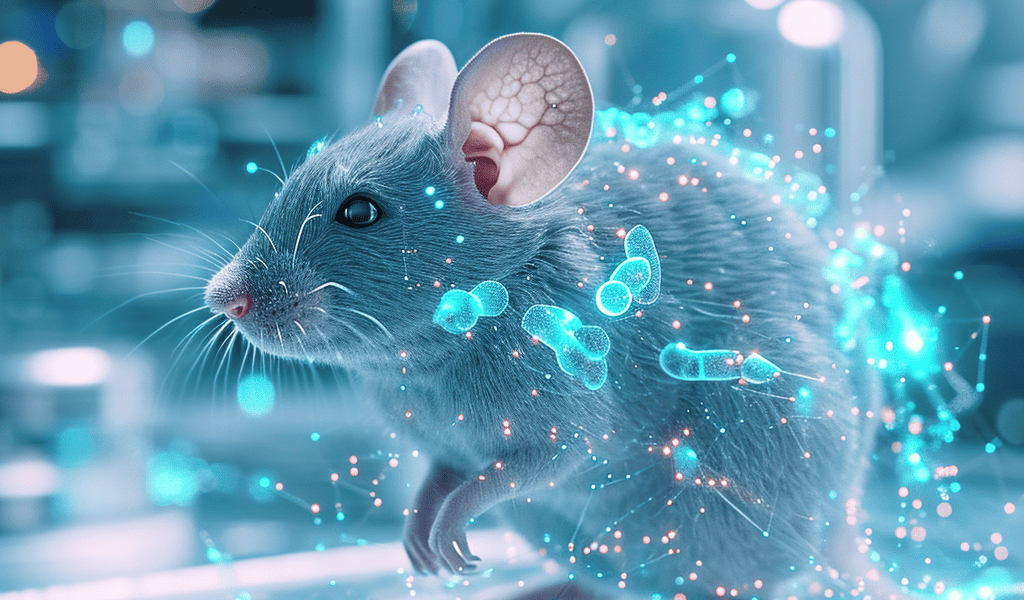Researchers at the Institute for Bioengineering of Catalonia (IBEC) and CIC biomaGUNE have made a groundbreaking discovery in the field of cancer treatment. Their study, published in Nature Nanotechnology, reveals the successful reduction of bladder tumors in mice by 90% using self-propelling nanorobots carrying radionuclides.
The team, led by Samuel Sánchez, PhD, demonstrated the remarkable efficacy of a single dose of urea-powered nanorobots in shrinking bladder tumors. According to Dr. Sánchez, this approach could revolutionize bladder cancer treatment by significantly reducing the need for hospital appointments and cutting down on treatment costs.
The study, conducted in collaboration with scientists at the Institute for Research in Biomedicine (IRB Barcelona) and the Autonomous University of Barcelona (UAB), sheds light on the potential of nanobots for innovative bladder cancer therapies. The researchers are optimistic that this development could lead to more efficient and cost-effective treatments for patients.
Bladder cancer is a prevalent and challenging disease, with high recurrence rates and limited effectiveness of current treatments. The authors of the study emphasize the adverse side effects and the need for repeat treatments, which contribute to the burden faced by patients with this type of cancer.
This groundbreaking research opens new possibilities for the future of bladder cancer treatment, offering hope for improved outcomes and reduced healthcare burdens for patients. The potential translational applications of nanobots in cancer therapy represent a significant step forward in the fight against this debilitating disease.





